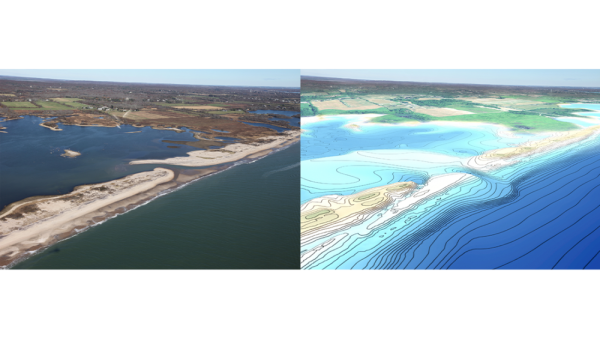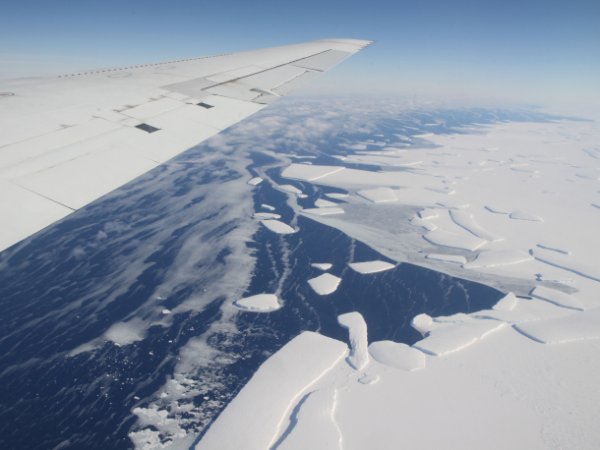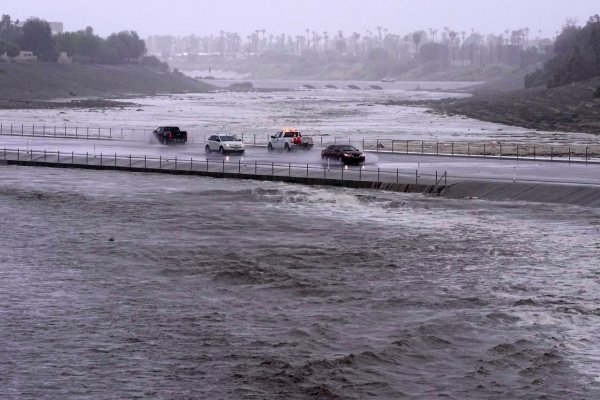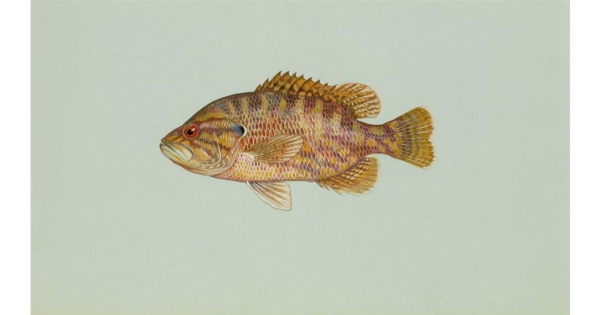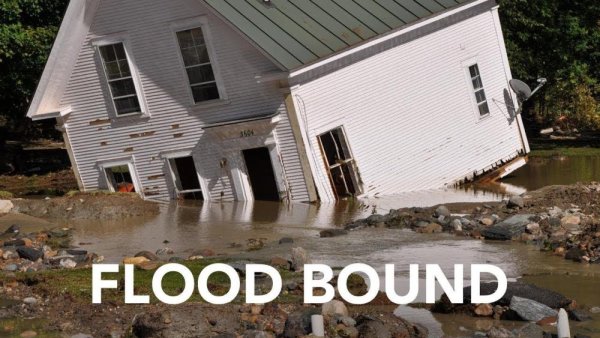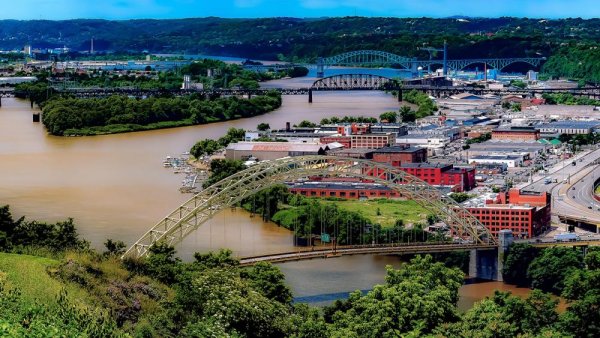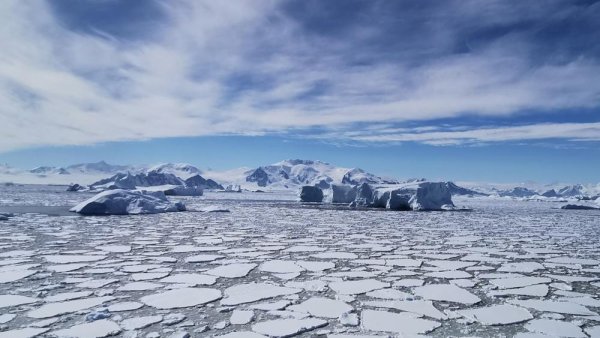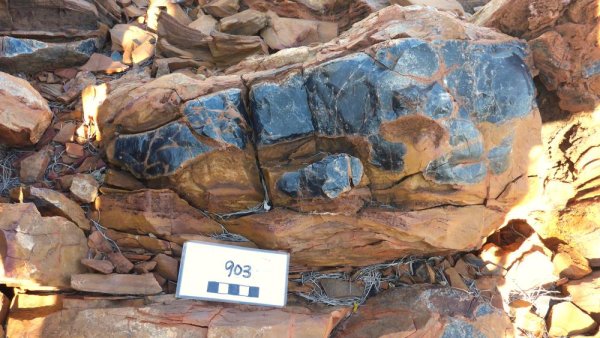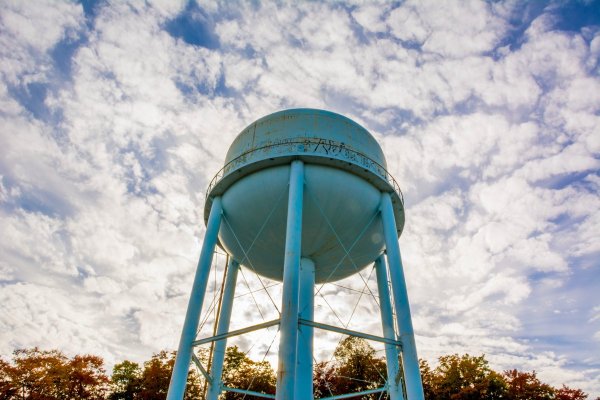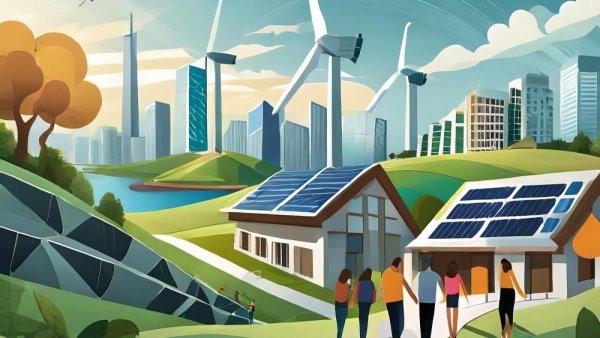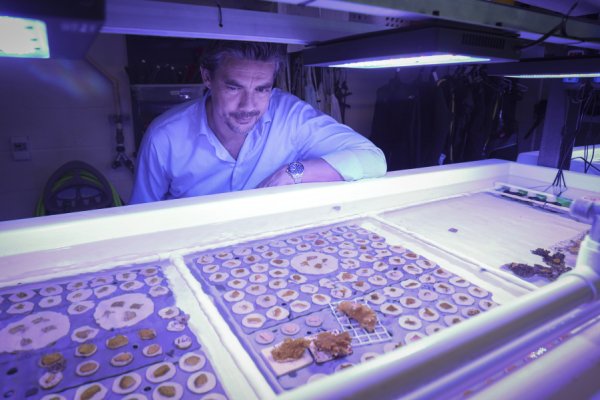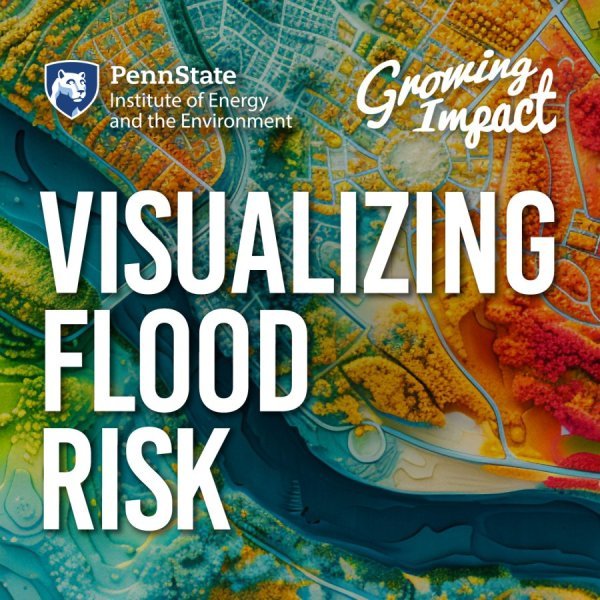Penn State researcher and partners earn collaborative coastal resilience grant
| psu.edu
Peter Stempel, associate professor of landscape architecture at Penn State, has partnered with researchers at the University of Rhode Island to assess how nature-based solutions reduce coastal vulnerability to sea level rise while preserving ecosystem services in Charlestown, Rhode Island.
Living on Earth: Sea level risk from Antarctica
| loe.org
Antarctica’s ice shelves block glaciers from flowing into the sea but a recent study found that these ice shelves lost 8.3 trillion tons of ice in the last 25 years and are at risk releasing more glacier ice into the ocean. Richard Alley is a professor of Geosciences at Penn State University and joined Host Steve Curwood to shed light on what all this could mean for sea level rise and future ice loss in Antarctica.
El Niño is back: What it could mean for California’s winter
| ktla.com
After a four-year break, El Niño is back, leaving many to wonder what it means for California’s upcoming winter. This article and Los Angeles-based broadcast TV segment quotes Ben Reppert, lecturer of meteorology and atmospheric sciences.
Pa. endangered species series: Warmouth
| thecourierexpress.com
Warmouths have specific habitat requirements. They prefer natural lakes, ponds, marshes, and low-gradient sections of creeks and rivers. Warmouths prefer substrates of sand, gravel, and mud, dense growths of aquatic vegetation, and relatively clear waters (Steiner 2013). In Pennsylvania, warmouths can be found in the most western counties, from Erie County to Greene County. This article mentions Penn State research.
First 2023-24 'Soundings' film screening to focus on Appalachian region flooding
| psu.edu
Penn State Sustainability and Penn State’s Water Council will relaunch their "Soundings" water film series for 2023-24 at 7 p.m. Nov. 15 with an online screening of "Flood Bound," a film focused on community resilience in the face of flash flooding in the Appalachian region, followed by a post-film panel featuring Penn State faculty experts and emergency management experts from Vermont.
Using machine learning, existing fiber optic cables to track Pittsburgh hazards
| psu.edu
Existing fiber optic cables used for high-speed internet and telecommunications, in combination with machine learning, may be able to help scientists track ground hazards in Pittsburgh. The National Science Foundation awarded a $937,000 grant to a team of Penn State and Carnegie Mellon University researchers to further develop the low-cost monitoring approach.
Penn State community invited to celebrate GivingTuesday 2023
| psu.edu
In its annual nod to the year of the University’s founding, Penn State will kick off the institution’s ninth GivingTuesday event at 18:55 on the 24-hour clock — 6:55 p.m. EST — on Nov. 27, getting a jump-start on the international day of giving that concludes at midnight on Nov. 28.
Melting ice falling snow: Sea ice declines enhance snowfall over West Antarctica
| psu.edu
As the world continues to warm, Antarctica is losing ice at an increasing pace, but the loss of sea ice may lead to more snowfall over the ice sheets, partially offsetting contributions to sea level rise, according to Penn State scientists.
Window to the past: New microfossils suggest earlier rise in complex life
| psu.edu
Microfossils from Western Australia may capture a jump in the complexity of life that coincided with the rise of oxygen in Earth’s atmosphere and oceans, according to an international team that includes Penn State scientists.
Groundwater: Deep need, deep trouble
| by Christopher Scott
Groundwater is a hidden resource that many people have come to rely on. Large amounts of it are used to supply drinking water to communities and irrigation to farmlands. However, with groundwater being pumped faster than it is replenished and climate change exacerbating its decline, that commodity is in danger of disappearing.
Collaborative landscape design approach may improve resiliency, human well-being
| psu.edu
A framework called regenerative landscape design may improve how complex, interconnected environmental and social challenges, such as climate change and biodiversity loss, are addressed, according to a new study led by Penn State researchers.
Can this team create ‘perfect’ reef?
| columbian.com
U.S. military is banking on it amid climate change. This article, originally published by the Miami Herald, quotes Michael Yukish, professor of aerospace engineering.

